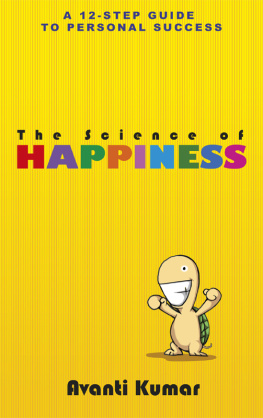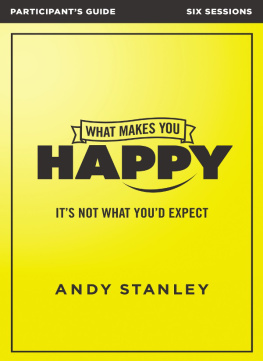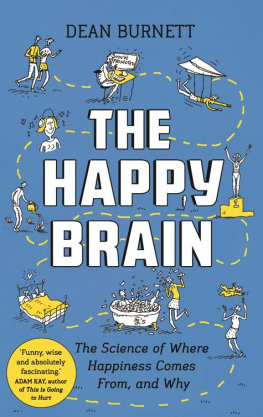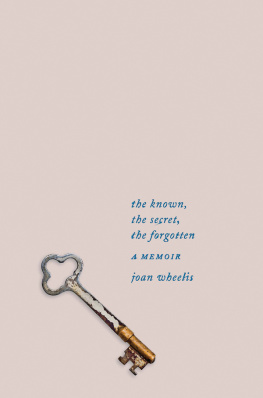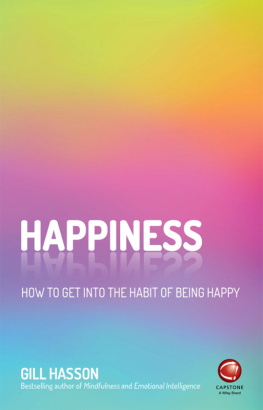Copyright 2014 by Brad Wheelis
All rights reserved. No part of this book may be reproduced in any manner without the express written consent of the publisher, except in the case of brief excerpts in critical reviews or articles. All inquiries should be addressed to Skyhorse Publishing, 307 West 36th Street, 11th Floor, New York, NY 10018.
Skyhorse Publishing books may be purchased in bulk at special discounts for sales promotion, corporate gifts, fund-raising, or educational purposes. Special editions can also be created to specifications. For details, contact the Special Sales Department, Skyhorse Publishing, 307 West 36th Street, 11th Floor, New York, NY 10018 or .
Skyhorse and Skyhorse Publishing are registered trademarks of Skyhorse Publishing, Inc., a Delaware corporation.
Visit our website at www.skyhorsepublishing.com.
10 9 8 7 6 5 4 3 2 1
Library of Congress Cataloging-in-Publication Data is available on file.
Cover design by Welly Santoso
Cover photo credit ROF Industries Inc.
ISBN: 978-1-62914-648-5
Ebook ISBN: 978-1-63220-086-0
Printed in the United States of America
Contents
Prologue
WHO IS BRAD?
I t was the week before Christmas, and our little Dodge Dart Swinger was chugging wearily up Tennessees Great Smoky Mountains. We had just spent the last three years in the Republic of Panama and were heading to my fathers new military assignment. The plan was to stop in St. Louis to visit my grandparents before pressing on to Oklahoma, where we would settle for the next three years. But the old family car had other plans.
As we meandered through the picturesque country, Dad realized something was amiss. The rear end was going out on the car, and we could hear ominous grinding. We all knew it wouldnt be long before the car gave out completely.
Just in time, we pulled into a small town where Dad managed to locate a mechanic who said he could make the necessary repairs. One of the mechanics assistants drove us to the nearest motel, where we could watch the towns holiday parade go by while waiting for the car to be fixed.
It was bitterly cold, and the mechanics assistant was driving a pickup. My mom and sister jumped up front. I hopped in the back and shivered for the three blocks it took to reach the motel. My sister Amy was a worrywart and fought back tears all the way. But I was resigned to our mishap. This was part of life, our life as have-nots.
Growing up in a military family provided a front row seat to the class system. At the top of the social ladder were the commissioned officersthe haveswhile the non-commissioned officers (NCOs)the have-notshovered down below. The grown-ups didnt mingle across the classes and neither did the kids for the most part. Thats just the way it was.
That was my perception of our family. My father was a non-commissioned officer in the military and did not make a lot of money. We never went without the necessities, but there were few luxuries. While my friends wore IZOD and Docksiders, I wore Le Tigre and off-brand shoes.
Not surprisingly, when our car broke down, it also happened that we were flat broke. Mom and Dad had to call my aunt to wire some money for the car repairs, promising to pay her back. They always did. My aunt had married into money, and we all envied her lifestyle. She made regular trips to Las Vegas, bought expensive clothes without batting an eye, and drove luxury cars. One day, I thought, I would be as rich as Aunt Annabelle.
After a few hours, the mechanic brought us our car, and we resumed our journey to St. Louis. Every few miles, Dad turned down the radio to listen to the car and make sure it wasnt making any strange noises. We arrived at my grandparents house without further ado and enjoyed our first reunion in years. But all too soon we were off again, en route to Altus, Oklahoma, where a new home and new school awaited us.
Boy, did I hate school! As a shy kid, it was tough to fit in. And I was also deeply embarrassed about the way I looked. I was a geeky kid and wore glasses that made me look like something from outer space. Having the perception that our family wasnt good enough didnt help matters either. We knew our placeat least I did. In my view, I didnt measure up because I came from an average family, not one that was well-to-do. And to me that meant everything.
I was very aware of the social differences. I often caught myself wishing that I were the son of an officer. Then I would be one of the haves. I would be privileged. I would be respected. Respect meant everything to me. It meant you were somebody; you mattered; you counted. But I couldnt feel any of that as the son of an NCO. Instead, I felt wildly inadequate and yearned for something better.
My feelings didnt revolve only around my familys social status. Something more traumatic contributed to my strong emotions of inadequacy.
Early in life, I had suffered from severe physical issues that left me with an appalling body image. When my mother was pregnant with me, she had contracted measles. Luckily I escaped without any major birth defects that could have left me brain damaged. But I was left with terrible eyesight. Before the age of ten, Id had to battle through several operations on my eyes. They led to a dreadful fear of hospitals. And after my last eye surgery, I vowed never to undergo another operation in my life.
Hospitals were very frightening to me. Every time the anesthetist put the mask over my face, I became terrified. It was cold, everybody was hidden behind face masks, and my mother, the only person who could have comforted me, was not allowed to be by my side in the operating room.
For years, my life consisted of an endless regime of operations on my eyes that did little to improve my sight. I was forced to wear ugly, round eyeglasses that looked like Coke bottles. I loathed them with a consuming passion. And they became the symbol for everything that was wrong in my life.
Its hard to exhibit self-esteem and take the initiative to meet new friends when youve got four eyes. At least, I felt like I had four eyes. When I was a kid, glasses were not commonplace. Big, thick lenses stood out and looked bizarre. I constantly heard the four eyes taunt from my peers. I knew it came with the territory. I was destined to be made fun of and I bravely shouldered the lumps. But that didnt assuage my hurt. Ironic to think that, years later, glasses would actually become fashionable. Who knew? Maybe if Id known that back then, I might have felt less of an outsider.
But another physical abnormality disturbed me even more than my eyesight. I have an unusual condition called pectus excavatum. Thats Latin for a concave chest. If I lie on my back, you can use my chest as a serving dish. I often do when Im at home alone watching a movie. Its the perfect place to store my popcorn.
I might joke about it now, but it was no laughing matter when I was a kid. I felt paralyzed by this awful-looking chest and thought of myself as a freak. You wouldnt believe the lengths to which I went to hide this from others. Id rarely be seen bare chested. And if I went to a swimming pool, I would keep my shirt on until I reached the edge of the pool, then whip it off quickly and plunge into the water.
The kids who saw my chest were quick to point out that it was different. And in my mind, different was definitely not good. I remember one horrendous day in gym class when a classmate said to me, It looks like a bowling ball hit your chest.


